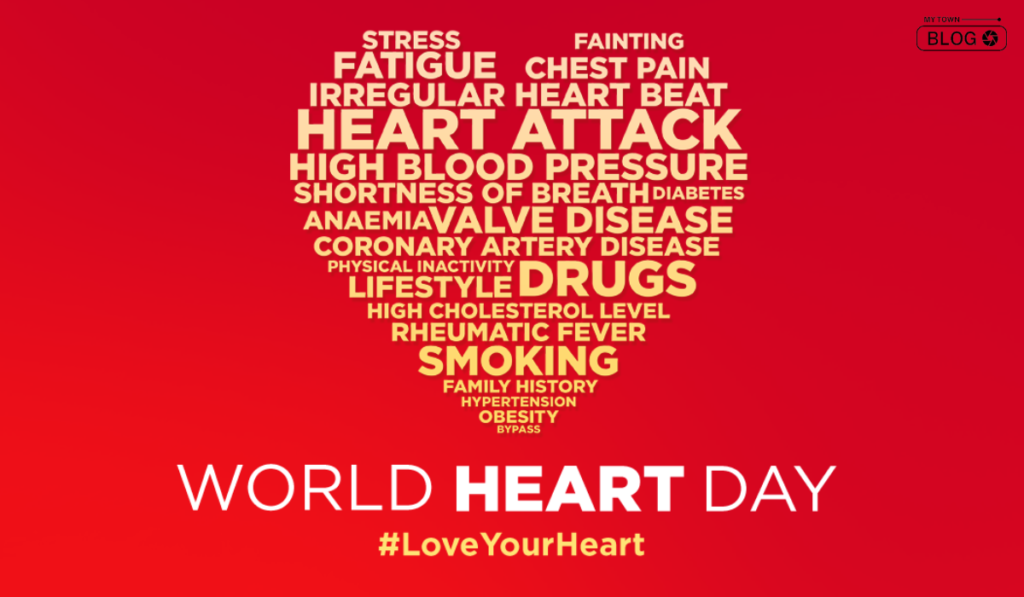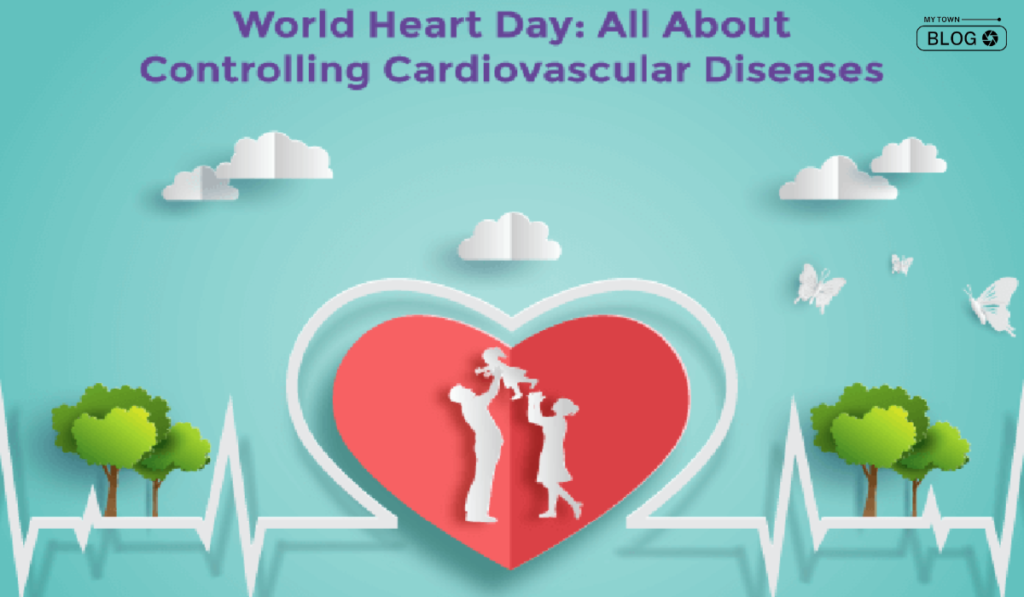World Heart Day, observed annually on September 29th, dedicates itself to raising awareness about cardiovascular health globally and encouraging individuals worldwide to take proactive steps toward a healthier heart. This pivotal day serves as a reminder that heart disease remains a leading cause of mortality and morbidity worldwide. Emphasising the urgency of prioritising heart health. World Heart Day provides a platform for individuals, communities, and healthcare organisations. To unite in their efforts to combat heart-related issues and promote a heart-healthy lifestyle. In this article, we delve into the significance of World Heart Day and explore the critical role it plays in fostering cardiovascular well-being on a global scale.

Early Heart Health: The Need for Regular Testing
In recent years, heart health has emerged as a critical concern. Particularly due to the alarming increase in cardiac issues among younger adults. Sedentary lifestyles have been identified as a significant contributor to this concerning trend. Underscoring the importance of regular heart tests to detect potential problems early and initiate timely treatment.
Who needs heart tests? Everyone!
Heart tests or comprehensive cardiovascular disease (CVD) risk assessments should not be limited to the elderly or individuals with a family history of heart disease. Instead, people of all ages should consider them as a proactive measure. Especially the younger generation, to ensure optimal heart health.
The Right Time to Start
Experts advise that the ideal time to undergo a heart screening is as early as 20 years old. Following this initial assessment, regular tests should be scheduled every 2 to 4 years. These tests play a crucial role in identifying potential risk factors such as high cholesterol, high blood pressure, and irregular heart rhythms. Left unchecked, these factors could lead to serious conditions like heart disease or stroke.
Essential Heart Tests for Prevention
Dr. Vidya Suratkal, a cardiologist at Lilavati Hospital, recommends several key tests to prevent heart disease:
Blood Pressure Measurement
Regular monitoring of blood pressure helps identify hypertension, a major risk factor for heart disease. Lifestyle changes and medication can effectively manage high blood pressure.
Cholesterol Tests
A lipid panel measures cholesterol levels, including HDL (good) and LDL (bad) cholesterol. A heightened risk of heart disease is connected to elevated LDL cholesterol levels.
Electrocardiogram (ECG or EKG)
This test records the heart’s electrical signals, generating a graph of voltage versus electrical activity. Electrodes are positioned on the skin to capture the heart’s electrical signals with every heartbeat.
Coronary Angiogram
The gold standard for detecting coronary artery blockages is an X-ray imaging procedure that examines the heart’s blood vessels for any restrictions in blood flow. Following a CT scan, this procedure is commonly carried out.
Stress Tests
These evaluations assess how the heart responds to physical stress, often involving a treadmill. They aid in diagnosing coronary artery disease and determining exercise tolerance.
Echocardiogram
This ultrasound test checks the heart’s structure and can diagnose complications like cardiomyopathy and valve disease without using radiation.

Conclusion
World Heart Day stands as a powerful reminder of the need for collective action to combat cardiovascular disease and promote heart health globally. As we commemorate this important day. Let us commit to prioritizing our heart health through lifestyle choices, regular check-ups, and the adoption of heart-healthy habits.
FAQs
Why is World Heart Day important?
World Heart Day is important because cardiovascular diseases are the leading cause of death worldwide. This day aims to educate people about risk factors, prevention measures, and the importance of maintaining a healthy heart.
Who organises and promotes World Heart Day?
The World Heart Federation, in collaboration with various partners and organisations worldwide, organises and promotes World Heart Day.
What can I do to engage in World Heart Day activities?
You can engage by joining local events, spreading heart-healthy information through social media, contributing to heart-healthy organizations through donations, or arranging your heart-healthy initiatives.
What is the main goal of World Heart Day?
The main goal of World Heart Day is to reduce the global burden of cardiovascular diseases by promoting heart-healthy lifestyles, encouraging early detection and treatment, and raising awareness about the importance of heart health.
How can I take care of my heart health on World Heart Day and throughout the year?
You can take care of your heart health by adopting a balanced diet, engaging in regular physical activity, avoiding tobacco and excessive alcohol consumption, managing stress, and getting regular check-ups with a healthcare professional.
Can you share some heart-healthy tips for a better lifestyle?
Heart-healthy tips include eating a diet rich in fruits and vegetables, reducing salt intake, maintaining a healthy weight, staying physically active, quitting smoking, limiting alcohol consumption, and managing stress.
What resources are available to help me educate others about heart health on World Heart Day?
The World Heart Federation and various healthcare organisations provide educational materials, infographics, and toolkits that you can use to educate others about heart health on World Heart Day. You can find these resources online or by contacting local health authorities.








